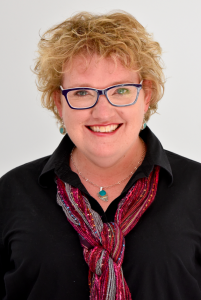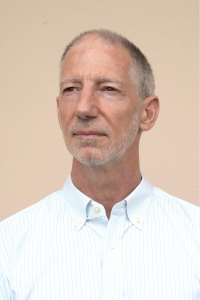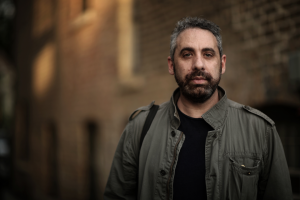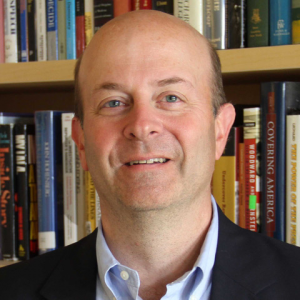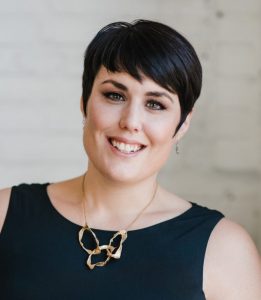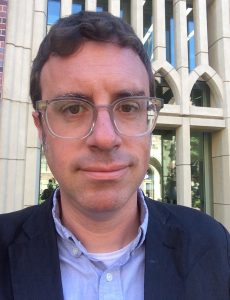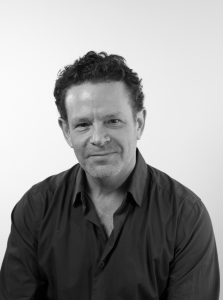
Full lecture Q&A Podcast on iTunes
Coming soon: KWVA 88.1 Interview
David Bornstein, CEO and co-founder, Solutions Journalism Network
Demystifying: Why ‘Solutions Journalism’ Matters
Thursday, April 19, 4–5 p.m., 141 Allen Hall
David Bornstein is CEO and co-founder of the Solutions Journalism Network, which works to establish the practice of solutions journalism — rigorous reporting that examines responses to social problems — as an integral part of mainstream news.
He has been a newspaper and magazine reporter for 25 years, having started his career working on the metro desk of New York Newsday. Since 2010, he has co-authored, with Tina Rosenberg, the “Fixes” column in The New York Times.
He is the author of three books: How to Change the World: Social Entrepreneurs and the Power of New Ideas (2003, Oxford University Press), The Price of a Dream: The Story of the Grameen Bank (1996, Simon & Schuster), and Social Entrepreneurship: What Everyone Needs to Know (2010, Oxford University Press).

